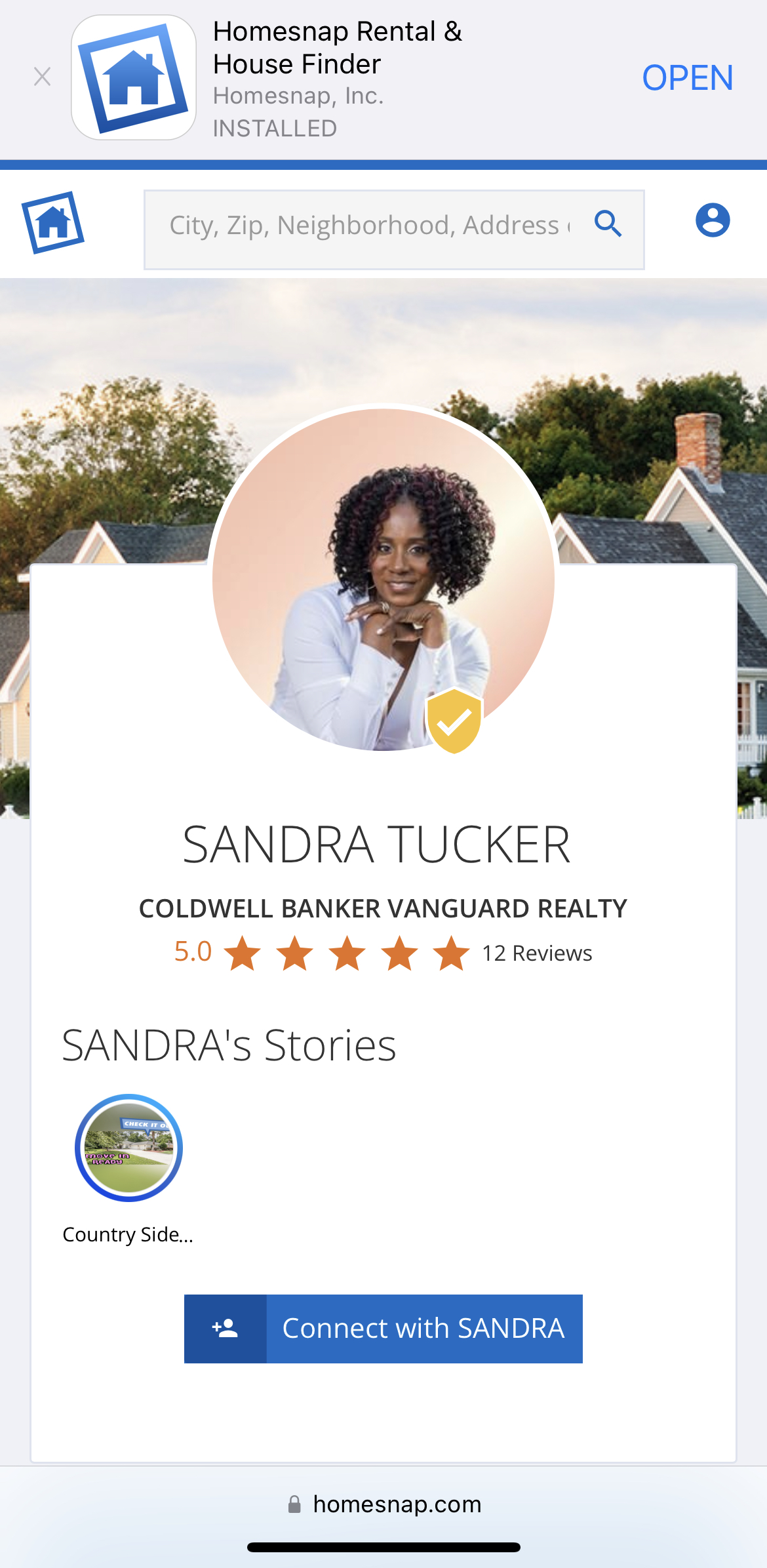The Path to Purchasing a Home

Buying a home takes a significant amount of effort and time. Here are some tips to help you have a smooth transaction and make the best decisions for you and your family!
Step 1: Find the right full-time Professional Realtor

Real estate agents are important partners when you’re buying or selling a home. Real estate agents can provide you with helpful information on homes and neighborhoods that isn’t easily accessible to the public. Their knowledge of the home buying process, negotiating skills, and familiarity with the area you want to live in can be extremely valuable. And best of all, it doesn’t cost you anything to use an agent – they’re compensated from the commission paid by the seller of the house.
Step 2: Early Preparation is Key

When you decide you are ready to become a homeowner, upgrading or downsizing, the first thing you want to do is sign up for listing alerts. Your professional Realtor can send you homes in your preferred geographic area that meet your specific requirements. You should review these homes online to follow trends in pricing, days on market and inventory.
Step 3: Determine Your Spending Power

Most people don’t shop without knowing how much they are willing to spend and buying a home is no different. If you are a cash buyer, set a budget and stick to it. If you are obtaining a home loan, connect with a local lender as soon as possible to learn about loan types and what your price range is. This way you don’t waste time viewing homes that are not in your budget comfort zone. Plan to have somewhere between 3.5% - 20% of the purchase price as a down payment depending on the type of loan you want. If you are lacking in the savings department, there are first time homebuyer programs that offer down payment assistance for those who qualify. These programs carry a higher interest rate which result in higher mortgage payments but can be beneficial for buyer who really need help with their down payment. You should also start gathering your financial documents (paystubs, bank statements, w-2s, and 2 years of tax returns if you are self-employed).
Step 4: A Local Lender Can Save You Headaches

Lenders that are experts on the local market are appealing to sellers and listing agents. We know the lenders that have a good reputation for superior customer service, communication and closing on time. Additionally, there is nothing better than being able to pick up the phone and talk to your lender without going through a phone tree to get connected or better yet walking into the office to have a face-to-face consultation when you have questions!
Step 5: Shop for Your Home and Make an Offer

By this step, you are ready to tour homes in person. In a balanced market, you should have about 6-8 homes to view on the first day. Halfway through the tour, the homes start blending together so have a notepad to keep track of your likes and dislikes. Taking pictures or video may help, just make sure you ask permission. When you find the home you love, talk to your professional Realtor about market value and comparable sales. Your Realtor will advise you on the best terms to make your offer. Once you and the seller come to an agreement, you will officially be under contract and about 30 days later you’ll be a homeowner.
Step 6: Get a Home Inspection

Most purchase agreements are contingent on the buyer having a home inspection. The inspection is for your information. The seller has no obligation to make repairs. When you receive the inspection report, you should decide if you will a.) Accept the home as is, b.) Request repairs or a concession from the seller, c.) Walk away with your binder deposit and find another home you love. Your Realtor will provide you with recommended vendors that will get the job done within the timeline of the contract. Right before closing you will have another opportunity to inspect the home during your walkthrough to ensure the condition hasn’t changed since you went under contract and that any agreed upon repairs were completed to the inspector’s satisfaction.
Step 7: Maintain Constant Communication with Your Lender

It may seem like your lender is asking you for an endless stream of documents. You are correct. If you keep all recent documentation handy, it will relieve some of the stress. Your lender should update you on interest rates and remind you to lock in your rate at the best time. They will also need to verify employment and review at least 2 years of tax returns if you are self-employed. Do not make any purchases or open any new lines of credit (even ones that you don’t start paying on for 12 months) during this time.
Step 8: Have the Home Appraised

If you are financing, your lender will probably require an appraisal of the home. The appraisal can be a “desktop” appraisal or a regular appraisal where they go on-site. Once the appraisal is done, it can take 10 days to get the report back to the lender and you. The appraiser is a member of a third party company and is not directly associated with the lender. The appraisal will let all the parties involved know that you are paying a fair price for the home. If the appraisal value comes in below the sales price, you can request a price reduction or split the difference in the price with the seller. If you and the seller cannot come to terms on price after the appraisal, you may be able to withdraw your offer without penalty.
Step 9: Communicate With Title Company

As you can imagine, there are a lot of moving parts in a real estate transaction and a lot of paperwork. The seller chooses a title company to handle all of the paperwork and make sure that the seller is the rightful owner of the house you are buying. They will also determine if there are any outstanding liens, assessments or current issues with the HOA or property taxes. The title company will file your recorded deed with the county after the sale is complete so you are the current owner of record.
Step 10: Close the Sale

At closing, you will sign your loan application, loan documents and title documents required to complete the purchase. The closing can take anywhere from 1 – 4 hours depending on the loan type and if there are any delays in funding. After the loan is funded, you will receive your keys from the seller and be ready to move into your new home!
